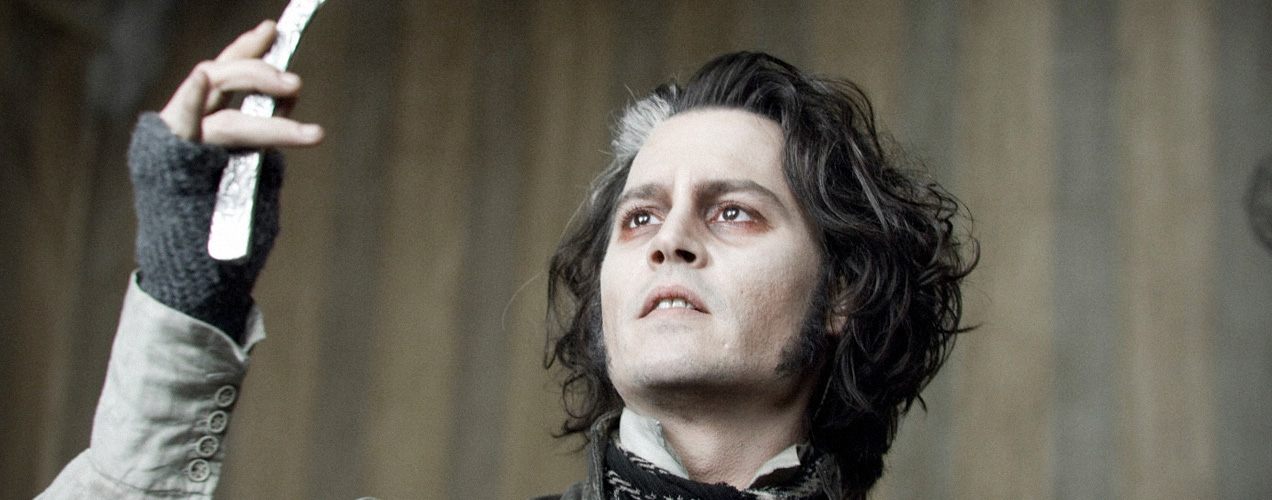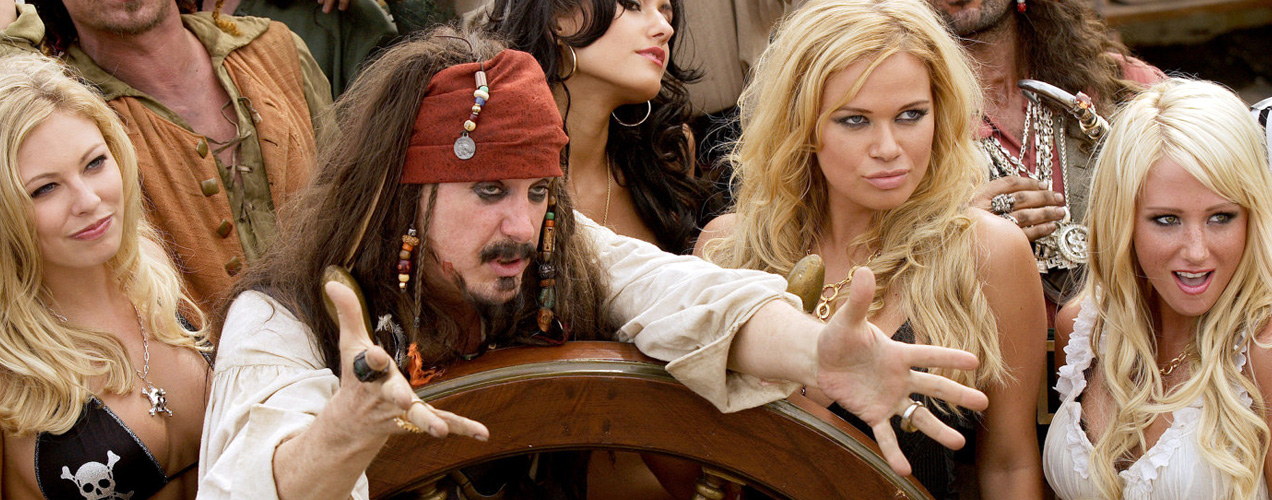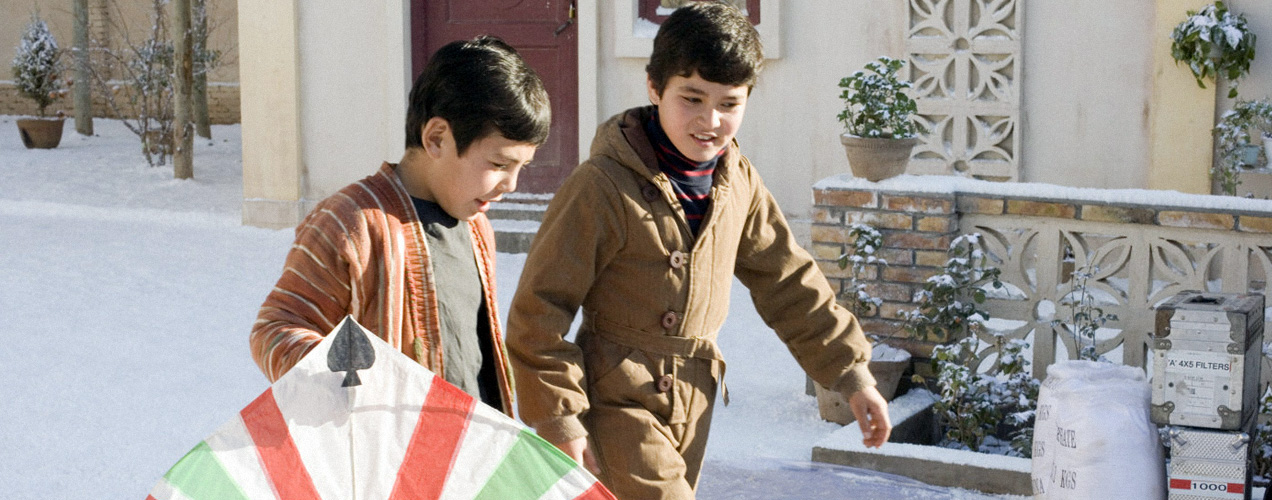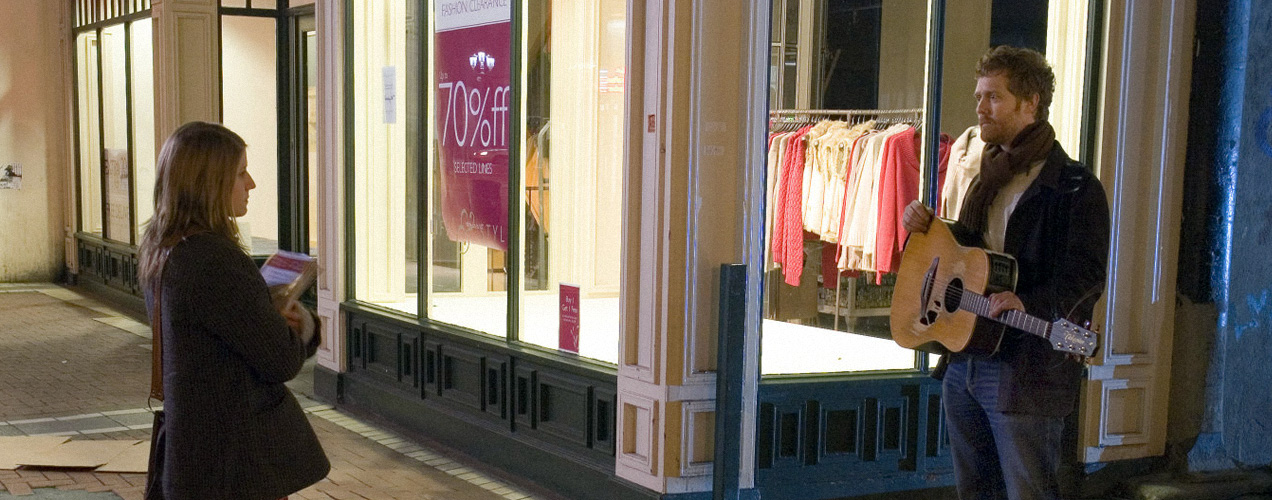2007 / Philip G. Atwell > For all its logistical shortcomings, War is still good fun. The fact that Jet Li replaces his punches and kicks with bullets is not problematic, though it’ll undoubtedly disappoint some. However, some of the gunplay is fairly innovative, and the plot, while sometimes dependent on the suspension of disbelief, is considerably above average compared to similar genre flicks. Also: It doesn’t hurt that in the film, Li drives a beautiful, exquisite Spyker C8 Spyder.

He Was A Quiet Man
2007 / Frank A. Cappello > There’s a strange quirkiness in the way the plot develops in He Was A Quiet Man. We’re never really sure if it’s taking itself seriously or if the whole thing is a sham, but regardless our attention is held by a thin link founded on Christian Slater’s neurotically amusing performance as an overlooked office worker in the big corporate world who just might go postal. It’s odd, sometimes endearing but the premise becomes sillier and sillier as the film wears on until we’re left wondering what exactly is the message that’s being delivered.

Atonement
2007 / Joe Wright > A couple of things in which Atonement surpasses almost every film this year: Dario Marianelli’s glowing score that anchors itself around the effectively used typewriter clicks, and Seamus McGarvey’s magnificent cinematography, including a three minute long shot that captures the beauty and despair of the evacuation of Dunkirk during World War II. Also memorable is the simmering performance by 12-year-old newcomer Saoirse Ronan (now nominated for an Oscar) as a character of genuine human fault whose covetous nature sets the wheels of the story into motion. But it’s ultimately too hard to digest. The prettiness aside, there’s something incalculably dishonest about how the film interacts with the viewer, manipulating our emotions to prove a point that renders itself ineffective soon after. You can’t particularly blame anyone, since it’s based on Ian McEwan’s novel, so it becomes an issue of unlucky circumstance. Wright, nonetheless, should be commended for such an exacting, exciting effort.

Sweeney Todd: The Demon Barber of Fleet Street
2007 / Tim Burton > I very much enjoy Burton’s work, but am generally not a fan of musicals. This puts me into a sort of dilemma where I find myself only half-appreciating the meticulously crafted Sweeney Todd. Musicals generally tend to have fairly simple stories that are buffered by lyricism and melody, but when those aren’t high on one’s priority list, the foundation of the film falls off. Now, I can only hope that his forthcoming Alice in Wonderland is not a sing-along.

M
2007 / Lee Myung-se > It’s probably not a stretch of the imagination to call Lee the most visually stunning director in Korea, if not Asia, but there continues to be a disconnect in his storytelling cohesion. The colors, atmosphere and mood are striking in M, but what the movie is supposed to be is hard to tell. The direction keeps on changing, shifting genres with absolute disregard to the viewer. This would, of course, be completely fine if it ended in an understandable manner, but even that rationale is mostly thrown out the door when the credits roll.

Epic Movie
2007 / Jason Friedberg & Aaron Seltzer > I tried to laugh, but this was not funny. The most painful part of Epic Movie is arguably not the film itself, but all that wasted Hollywood parody material. I’m not sure why anyone is being credited with “screenwriting” this film, because it just seemed like they picked movies out of a bag and threw some scenes together to… wait, $87mn in the box office! Where da sequel at?

Exodus
 2007 / Edmond Pang > After a superb directing effort in Isabella, Pang goes off the deep-end in this seemingly ridiculous black dramedy about a secret women’s organization that kills men—or so it seems. Following a haunting, memorable introductory sequence, Exodus dives us into a mystery that takes its sweet time to unwind. Plot twists are somewhat predictable, but the tone is dark and fascinating. Simon Yam’s passive-aggressive cop is spot on and Annie Liu complements him well. Visually, Charlie Lam’s cinematography once again impresses, with lingering, vivid shots that constantly mesmerize the eye. Where the film fails, unfortunately, is in the final stretch where the speed at which the film moves accelerates to a point where it may actually leave the viewers with more questions than answers. It ends up being somewhat superficial and fluffy, but still a wonderful, offbeat treat.
2007 / Edmond Pang > After a superb directing effort in Isabella, Pang goes off the deep-end in this seemingly ridiculous black dramedy about a secret women’s organization that kills men—or so it seems. Following a haunting, memorable introductory sequence, Exodus dives us into a mystery that takes its sweet time to unwind. Plot twists are somewhat predictable, but the tone is dark and fascinating. Simon Yam’s passive-aggressive cop is spot on and Annie Liu complements him well. Visually, Charlie Lam’s cinematography once again impresses, with lingering, vivid shots that constantly mesmerize the eye. Where the film fails, unfortunately, is in the final stretch where the speed at which the film moves accelerates to a point where it may actually leave the viewers with more questions than answers. It ends up being somewhat superficial and fluffy, but still a wonderful, offbeat treat.

The Kite Runner
2007 / Marc Forster > To date, I’ve very much enjoyed Forster’s work. It’s admirable that he continues to diversify his style and challenge himself further (as witnessed by his helming of the next Bond film). And while it’s hard to directly pin-point exactly why The Kite Runner feels like an utter mess, there’s a sensation that the film’s literary foundation may have overstretched screenwriter David Benioff’s sense of imagination. Subsequently, there’s a lot of unnecessary melodrama and sudden pacing changes that make me wonder how good the original story is to begin with. Its largest shortfall is its continuous sense of emotional manipulation, especially in the last third. Otherwise, it’s relatively well-made with a couple of surprising performances by its young stars and a moving show by Homayoun Ershadi and a solid score.

Once
2007 / John Carney > It’s nearly impossible not to like Once, but mileage will vary in how much it’ll be appreciated. As a musical, it works on levels not typical in film: The honest folk/rock of star Glen Hansard is always heartfelt, always fresh. It lacks the silly glamour that tends to persist in the genre and instead fills it with the kind of realism that many can identify with. Carney takes into account the awkwardness of loneliness and spins it into a sort of underhanded morality tale about where love ends and begins. It is, however, a little esoteric in its approach and fails to give me the kind of foothold I was looking for. Either way, the chemistry between Hansard and Marketa Irglova is so natural and charming, it becomes an easy watch.

Persepolis
2007 / Vincent Paronnaud & Marjane Satrapi > Part-history lesson, part-coming of age, Persepolis is a fresh and exciting cinematic event for the masses. What becomes problematic, however, is the idea that Satrapi’s journey is neither unique nor over. At the conclusion, there’s a nagging feeling that there must be more than this, yet we are forced to walk away. The film’s most important contribution, ironically, becomes its brief history of Iran, an often misunderstood nation whose political ties have been close to the Western world since the discovery of oil. The parts of the film where Satrapi is in Iran are countlessly more interesting than when she’s in Vienna, diddling away into an awkwardly written episode of Felicity. Still, the whole show is a nice change of pace in a year of weak independent filmmaking.

